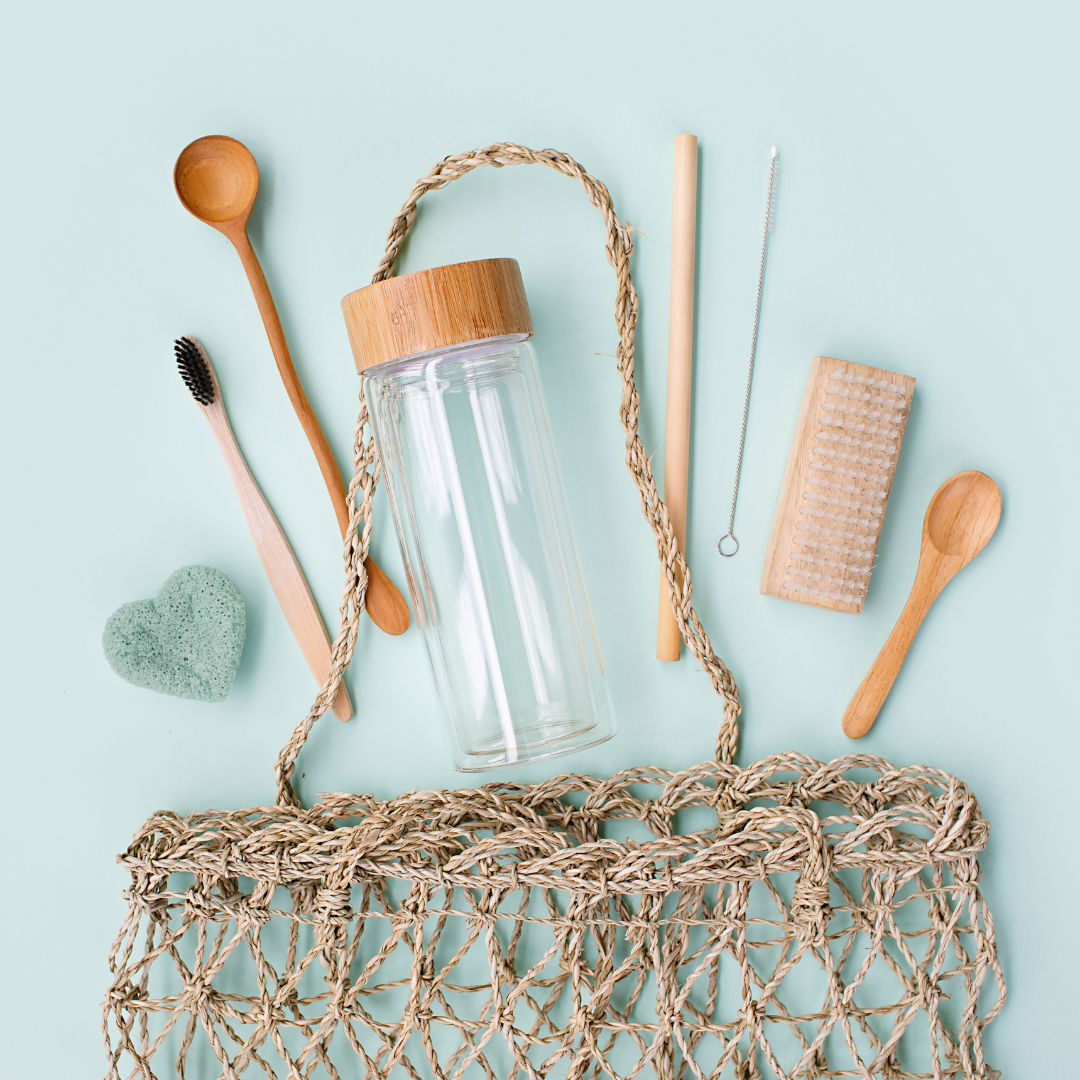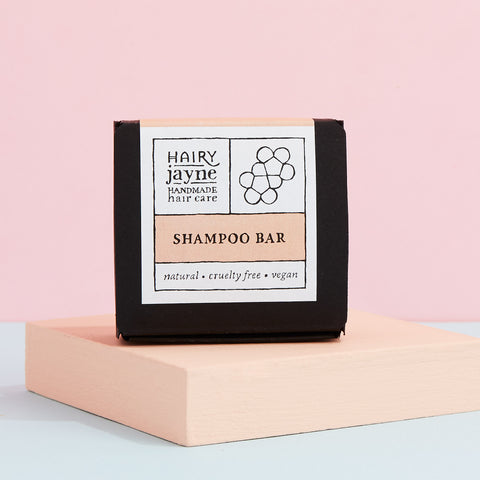
9 easy zero waste swaps for becoming more environmentally friendly in 2022
With climate change an on-going and pressing issue, simple eco friendly swaps have become the norm in recent years. It's reassuring to see more and more people embracing the challenge of lowering their carbon footprint and tackling the problem of plastic waste.
The idea of reusing things rather than just relying on recycling to reduce waste is certainly catching on. More people now have their own reusable coffee cup or water bottle and will carry a reusable bag when doing the shopping.

But which other easy swaps could be made around your home to become more environmentally friendly this year? Little changes, no matter how small, begin to add up as more and more of us choose to shop consciously and sustainably.
Follow these tips, reuse things wherever you can, and watch your rubbish and recycling bins get less and less full as the year progresses.
1. Use coconut oil for basically everything
Coconut oil is one of those multi use wonder substances that will do a multitude of tasks around the house – from cooking to conditioning your hair to cleaning your worktops. It also makes an excellent natural makeup remover, and even more eco friendly when done with reusable pad. Buying in bulk in a glass jar is the best option for sustainable living.
Organic coconut oil in a glass jar
2. Try the waterless beauty trend by switching to solid bars
Waterless solid bars includes shampoo bars, conditioner bars, soap, lotions and even toothpaste! They are usually wrapped in easily recyclable packaging like paper or card. Waterless products are more compact and lighter to transport, meaning a lower carbon footprint. They're usually made with more natural ingredients. The absence of water also makes them much more concentrated and extends the use-by date which results in less waste overall.
Even better, when you buy a shampoo bar from Hairy Jayne (or any of our other zero waste hair care products), we plant a tree with Ecologi to help reduce carbon emissions.

3. Invest in a metal safety razor that can be reused
Disposable plastic razors are relatively cheap but they are also very wasteful. The plastic handles on disposable razors aren’t even recyclable so they definitely end up in landfill. A durable and reusable stainless steel safety razor will be an investment that should last a lifetime, and the blades are very cheap to replace.
Jungle Culture reusable safety razor
4. Switch to a biodegradable bamboo toothbrush
Standard plastic toothbrushes are non-recyclable and wasteful as well. Think about how many toothbrushes you go through in a year. Bamboo toothbrushes are much more suited to sustainable living as bamboo naturally biodegrades.
Once the bristles are removed, they can be composted at the end of their life. If you prefer to use an electric toothbrush, look for replacement heads that will definitely be recycled.

5. Subscribe to a veg box to reduce plastic packaging
Veg boxes produce much less plastic waste than supermarkets as most of the contents is package free and the boxes can usually be returned to the company. A lot of the plastic packaging that fruit and veg usually comes in can often not even be recycled – especially those black plastic trays and the plastic film that covers them.
Veg boxes are not only a great way of avoiding plastic waste and supermarkets, they’re even more environmentally friendly when the produce is organic. Organic food keeps the soil healthy and our pollinators safe from pesticides. Healthy soil stores carbon and decreases greenhouse gas emissions, which is a huge help with tackling climate change.
Bristol veg boxes by Leigh Court Farm
6. Drink your coffee from a cafetière
Coffee filters and disposable coffee pods can really add up in a household of coffee addicts. However, cafetières have in-built filters, plus the grounds can be saved and used in the garden or as a natural skin exfoliator. Or if you find your hair is suffering from product build-up, you can add a small amount to your shampoo to gently exfoliate your scalp and remove the build up from your hair.
7. Refill your household cleaning product bottles
Household cleaning products like washing up liquid, laundry liquid, window cleaner and floor cleaner all come in plastic bottles. It’s now widely known that plastic is very rarely recycled, and when it is it takes a lot of energy to do so.
Thankfully plastic bottles can all now be easily refilled over and over to save plastic waste. Zero waste shops up and down the UK currently have a campaign named #justonebottle to encourage people to start getting into the habit of refilling, one bottle at a time.
If you don’t have a local zero waste shop to pop in to for a refill, there are various concentrated pods and alternatives available online like Splosh, Smol and Neat.
Refills from our zero waste shop in Bristol: Bloop

8. Replace plastic sponges with compostable ones
Traditional synthetic kitchen sponges are made from plastic, and are thrown away fairly regularly when they get too dirty. Compostable sponges made from easily renewable resources are completely biodegradable when they’re done. Same goes for bamboo dish brushes, too.
Eco Living compostable sponge cloths
9. Invest in (or make) reusable cloths for the kitchen and bathroom
Instead of disposable kitchen towel and make up wipes that are single use, opt for some reusable ones instead. Not only will this save on unwanted plastic waste (which is usually that horrible non-recyclable plastic wrap), but it saves on waste in general. The cost up front will be an investment, but over time it will save you money.
Reusable cloths, whether for kitchen spills or face cleansing, can easily be thrown in the washing machine (or dishwasher) and used over and over again. Or if you're feeling super frugal and environmentally friendly, old t-shirts cut up and hemmed into squares will work wonders, too.
Tabitha Eve reusable make up pads

So there you are, 9 easy ways for you to live more sustainably with eco friendly swaps you can make as a consumer in 2022. You don't have to do it perfectly, or stylishly (use any old container!) and you don't have to do it all at once. But we can all make a difference when it comes to looking after the planet by producing less waste and reusing what we've got.
For more sustainable living tips, especially in your hair care and beauty routine, follow Hairy Jayne on Instagram and sign up to our emails.
